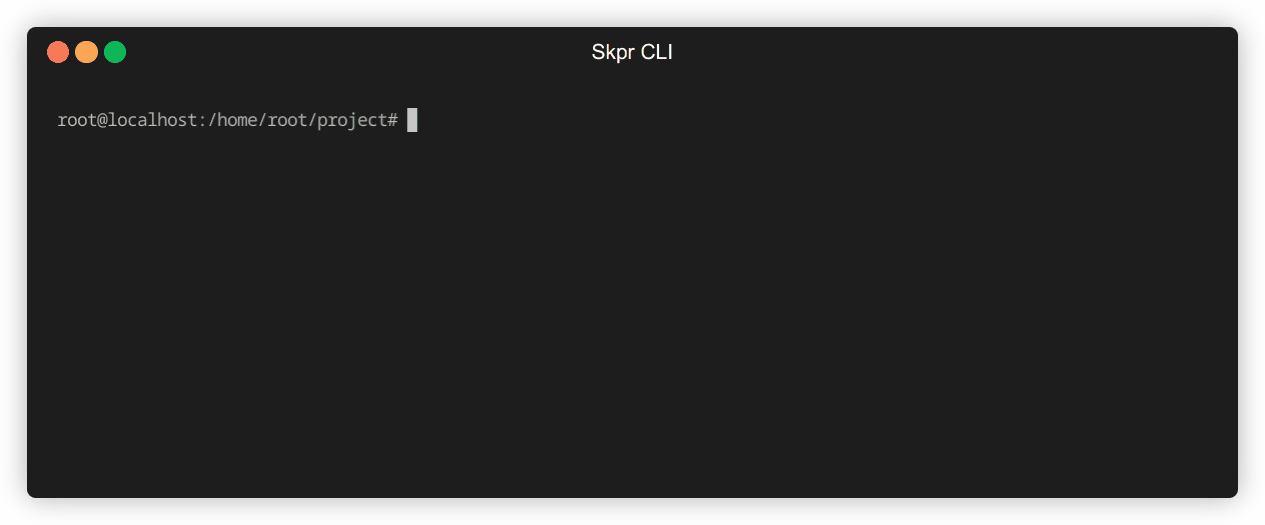Using CI/CD systems, developers have been able to seamlessly package and deploy their applications for some time now.
Developers have been requesting support for release management in order to track and manage application releases over time. The goal is to provide fast-fails in CI/CD during deployments where a release has not been made.
We are happy to announce support for managed releases to address these issues.
How does it work?
Managed releases are an evolution to manifest files introduced for CI/CD-based integrations last year. The manifest was introduced to extend on functionality with third-party tools using data generated when packaging your application.
It is similar to the current manifest workflow. When your application is packaged, Skpr will store information securely at the infrastructure layer.
When you go to deploy your application, Skpr will retrieve this information and use it as part of the deployment process as a way of ensuring integrity across the lifetime of the pipelines.

What can this do for me?
The information protected by the infrastructure can be exposed to users via the command line interface. Additional functionality provided to users via improvements to the CLI include:
- Releases can be listed, so you can identify when a release was packaged.
- Release manifests can be inspected.
- Deployments for releases that don't exist will fail the pipeline before deployment starts.

How do I find out more?
For more information on the improvements to the user experience, see our documentation for more information.
In closing
Support for platform-managed releases continues our efforts to improve your security posture. By letting Skpr manage an application manifest, the integrity and transparency of your release pipeline is enhanced.